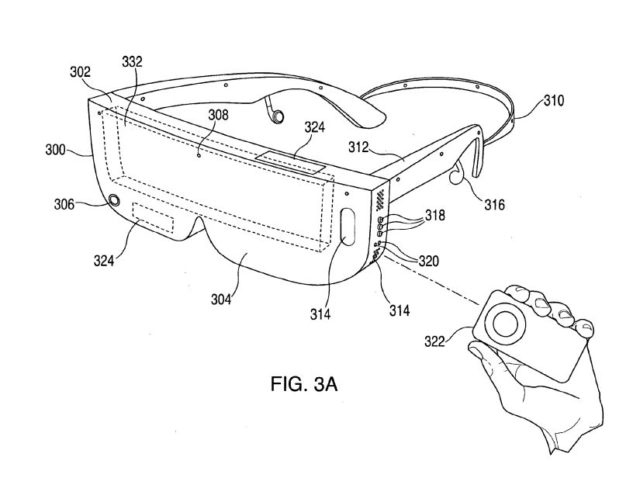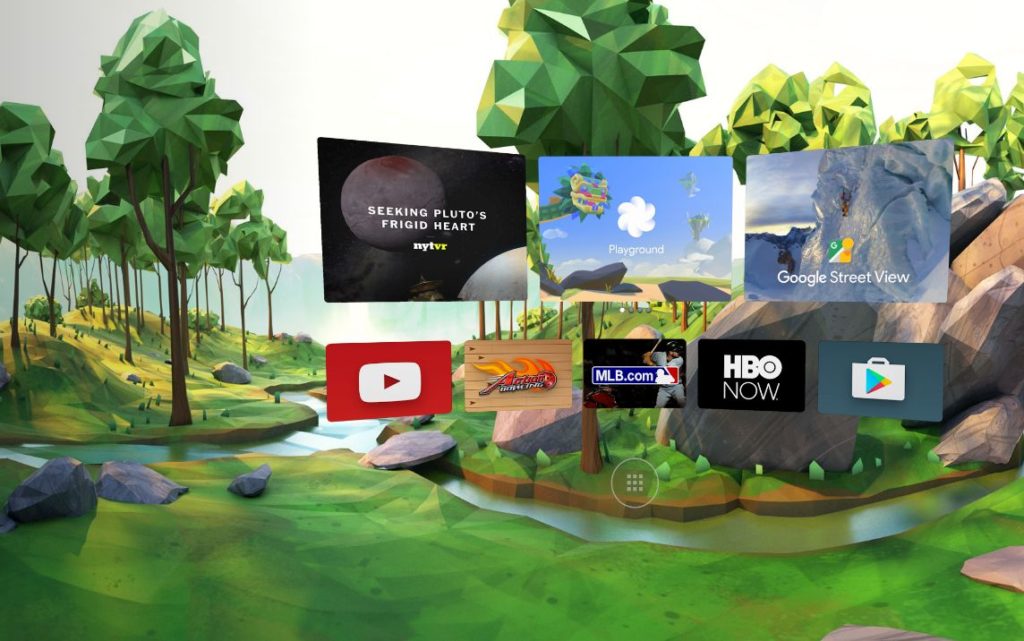The virtual reality boom is coming to mobile devices, and it has the potential to both reinvigorate slowing smartphone sales and boost gaming. The forces behind this include Google and ARM, and already major smartphone makers are signing up to produce VR-ready smartphones. The result will be a powerful new reason to upgrade your smartphone, and in the process, drive greater sales of mobile games.
First, let’s look at the state of the smartphone market and it’s not a happy one for marketers or those looking for high growth. The Gartner Group’s smartphone sales numbers for the first quarter of 2016 showed 3.9 percent growth, a far cry from the double-digit rates of smartphone growth in previous years. The growth is driven largely by low-cost smartphones in emerging markets. “In a slowing smartphone market where large vendors are experiencing growth saturation, emerging brands are disrupting existing brands’ long-standing business models to increase their share,” said Anshul Gupta, research director at Gartner.
Daydream: The Game Changer
A big part of the reason smartphone sales have slowed is that so many people have them, and the phones have gotten very good. Why pay for a new phone if your current one works very well? The answer may very well lie with Google’s Daydream VR initiative, where Google has laid out the minimum specs for a phone to be VR Ready. Eight phone makers have already signed on to make Daydream-ready VR smartphones, including Samsung, HTC, LG, Asus, and more. Companies like Netflix, Electronic Arts, Ubisoft and many others have promised apps for the platform. Furthermore, Google has stated that current phones won’t qualify as Daydream-ready for a number of technical reasons.
So the hardware is on the way to make Google’s Daydream VR a reality, which means there may be some strong sales of new VR smartphones once these new designs hit the market. That’s assuming the VR content for this new platform is there, which Google is pushing hard to achieve by creating special VR versions of YouTube, Street View, the Google Play Store, Play Movies, and Google Photos. Those are plenty of reasons to want mobile VR, and if you add in games from the likes of EA and Ubisoft, that’s going to move some serious amounts of smartphones.
Better still, all this extra horsepower for graphics on beautiful, high-resolution screens is going to be a major assistance to mobile games in general, as will the influx of hundreds of millions of VR smartphones with this level of power. Mobile games will be able to generate even prettier pictures, and the market for smartphones may actually start growing more substantially, creating a better environment for sales. It’s also quite likely that smartphone makers will be pushing games and entertainment on their new devices, making things even better for game marketers.
Where Does Apple Fit In?
Although Apple hasn’t announced plans for VR, the company has a history of waiting for others to pioneer new markets before entering them with something that is substantially better than the market standard. That’s how the company captures significant new markets—not by being first, but by being best.
Analyst Jan Dawson believes Apple is preparing to launch a VR product by adding important features to its smartphones, like improving the sensors, and perhaps introducing the Smart Connector from the iPad Pro to its smartphone line.
Apple has also patented its own VR headset, and has several VR-related patents already. Although this indicates that Apple is planning something VR-related, we’re not likely to see anything come of it until at least 2017. This will give Apple time to watch how the market develops, see what the weak points are and where it can make a difference, before delivering an end-to-end solution that will have strong market potential.
The advent of mobile VR is a terrific opportunity for entertainment marketers as well as for game developers. Potentially stronger smartphone sales, along with an emphasis on VR entertainment, is a big plus and both smartphone makers and Google will be spending heavily to promote all of it.
There will be opportunities for savvy marketers to work with Google and with hardware makers to get featured roles for their software. Imagine being one of the titles that Samsung uses to showcase the power of its new VR smartphone. There’s a marketing opportunity that someone will seize. Even without that, it’s time to start thinking of how VR and mobile games can be positioned against this new market opportunity.

